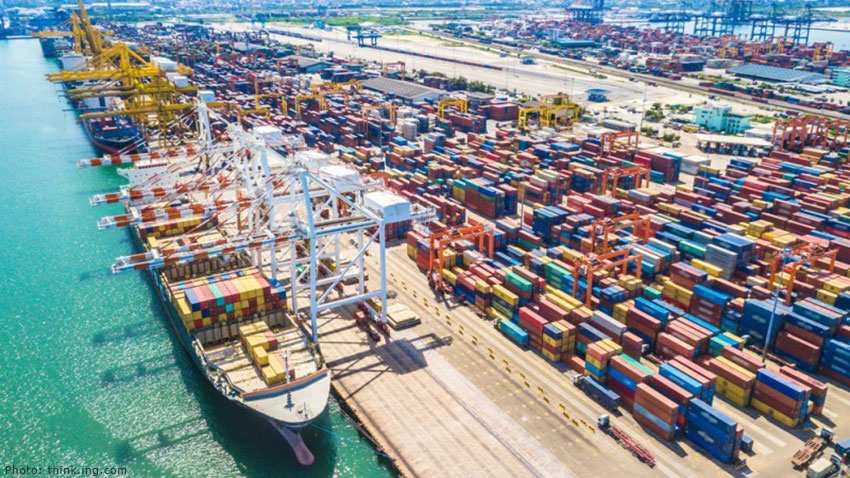International Cooperation Could Help ASEAN’s Economic Growth, IMF Says
Closer international cooperation between the ASEAN bloc and third countries and trade partners could lead to a stronger ASEAN economy and a more resilient global economy, Kristalina Georgieva, Managing Director of the International Monetary Fund (IMF), said at the plenary session of 43rd ASEAN Summit on 5 September.
The IMF expects ASEAN’s economic growth to stand at around 4.5 percent both in 2023 and 2024.
“In fact, ASEAN countries are contributing 10 percent to global growth, which is more than twice their weight in the global economy. This is a reflection of the past reforms undertaken by policymakers,” Georgieva said.
The IMF executive, however, warned that ASEAN needs even stronger growth to fully recover from the Covid-related economic and supply-chain disruptions and continue on the pre-pandemic path to prosperity.
ASEAN governments could work to achieve two overarching priorities, according to Georgieva.
The first priority should be to invest in international cooperation and push back against the forces of fragmentation. The second major priority should entail reforms that boost growth, the IMF said.
ASEAN’s economies and the whole block need to invest in health, education, and the digital infrastructure, which are vital to ensure that new technologies work for your people, not against them, Georgieva said.
ASEAN should also implement sound economic policies to build buffers against shocks and maintain economic and financial stability.
And last but not least, the economies in the bloc need to make further progress in fighting climate change and accelerating the energy transition, including by boosting green finance and incentivizing the private sector to play its part, according to the IMF.

